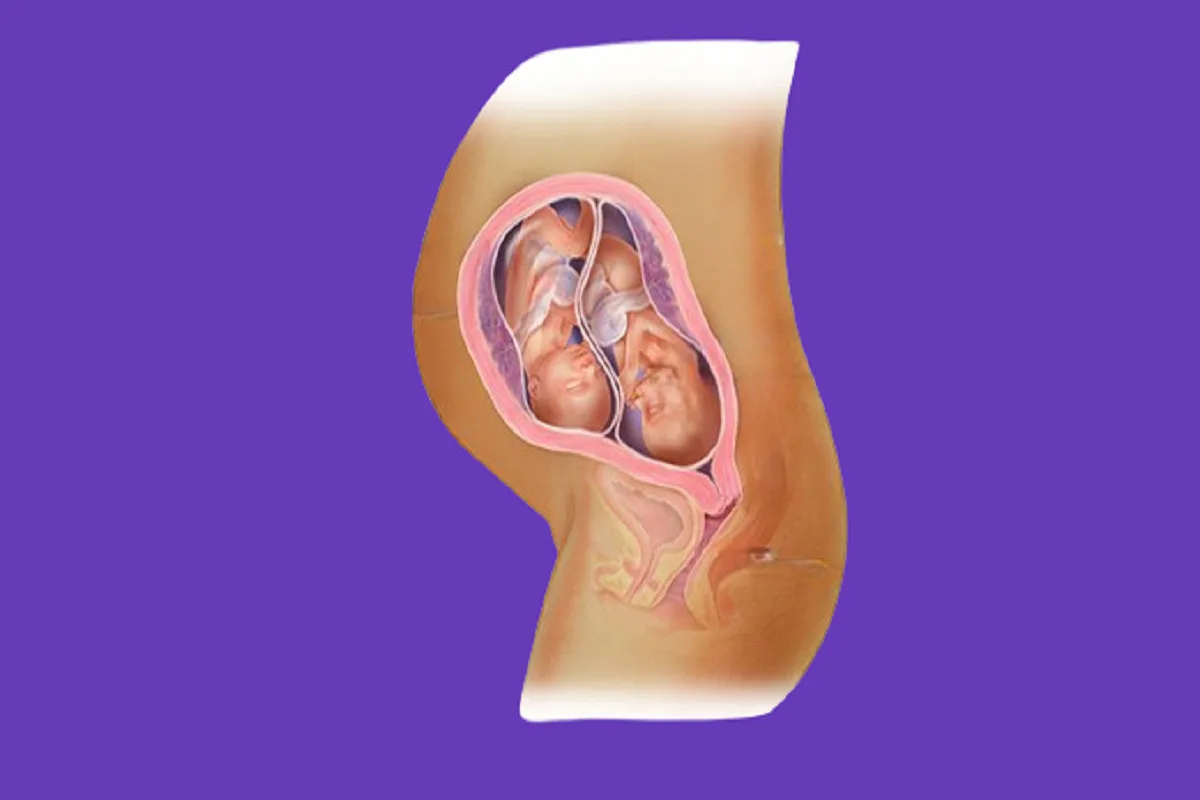Understanding Twin Pregnancies: Fraternal vs. Identical
Before we dive into ways to potentially increase your chances of having twins, it’s essential to understand the two types of twins:
- Fraternal Twins (Dizygotic): This occurs when two separate eggs are fertilized by two separate sperm cells. Fraternal twins can run in families, particularly on the mother’s side.
- Identical Twins (Monozygotic): This occurs when a single fertilized egg splits into two embryos. Identical twins are not influenced by hereditary factors and occur randomly.
Factors That May Influence Twin Pregnancies
1. Genetics
Your family history plays a significant role in determining your likelihood of having twins, particularly fraternal twins. If you have a family history of twins, especially on your mother’s side, your chances may be higher.
2. Age
Women who are older (typically over 30) are more likely to release more than one egg during ovulation, which can increase the chances of fraternal twins. This phenomenon decreases as women’s fertility declines later in life.
3. Body Type
Some studies suggest that women with a higher body mass index (BMI) may be more likely to conceive twins. An abundance of body fat may be linked to elevated levels of certain hormones that support multiple egg releases.
4. Diet
Certain dietary habits may influence your chances of conceiving twins. Some research indicates that consuming dairy products, particularly milk, has been associated with a higher likelihood of twin births. A diet rich in folic acid, green vegetables, and carbohydrates may also be beneficial.
5. Previous Pregnancies
Women who have had multiple pregnancies are more likely to conceive twins. The body may become more capable of releasing multiple eggs after previous pregnancies.
6. Fertility Treatments
Assisted Reproductive Technology (ART), such as in-vitro fertilization (IVF), significantly increases the chance of multiple pregnancies. Doctors often transfer more than one embryo to improve the chances of a successful pregnancy, and this can lead to twins or even higher-order multiples.
Lifestyle Choices to Consider
While you can’t control genetics, age, or some biological factors, there are lifestyle choices you can make that may influence your chances:
1. Maintain a Healthy Weight
Achieving a healthy weight through diet and exercise may help regulate your hormones and ovulation patterns, potentially increasing your chances of twins.
2. Optimize Your Diet
As mentioned earlier, a well-balanced diet rich in dairy and folic acid may provide benefits. Focus on whole foods, vitamins, and minerals to prepare your body for conception.
3. Consult with a Specialist
If you’re serious about conceiving twins, consulting with a fertility specialist can provide insight into the options available to you, including the appropriateness of fertility treatments in your case.
Conclusion
While there is no guaranteed method to conceive twins, understanding the factors that influence multiple births can help you explore your options. It’s crucial, however, to balance any attempts to conceive with the overall health and well-being of both the mother and the potential babies. If you’re considering pregnancy, whether with the hope of twins or not, prioritize your health, communicate openly with a healthcare provider about your goals, and enjoy the journey of family planning. Whatever the outcome, each pregnancy is a unique and beautiful experience worth cherishing.


































